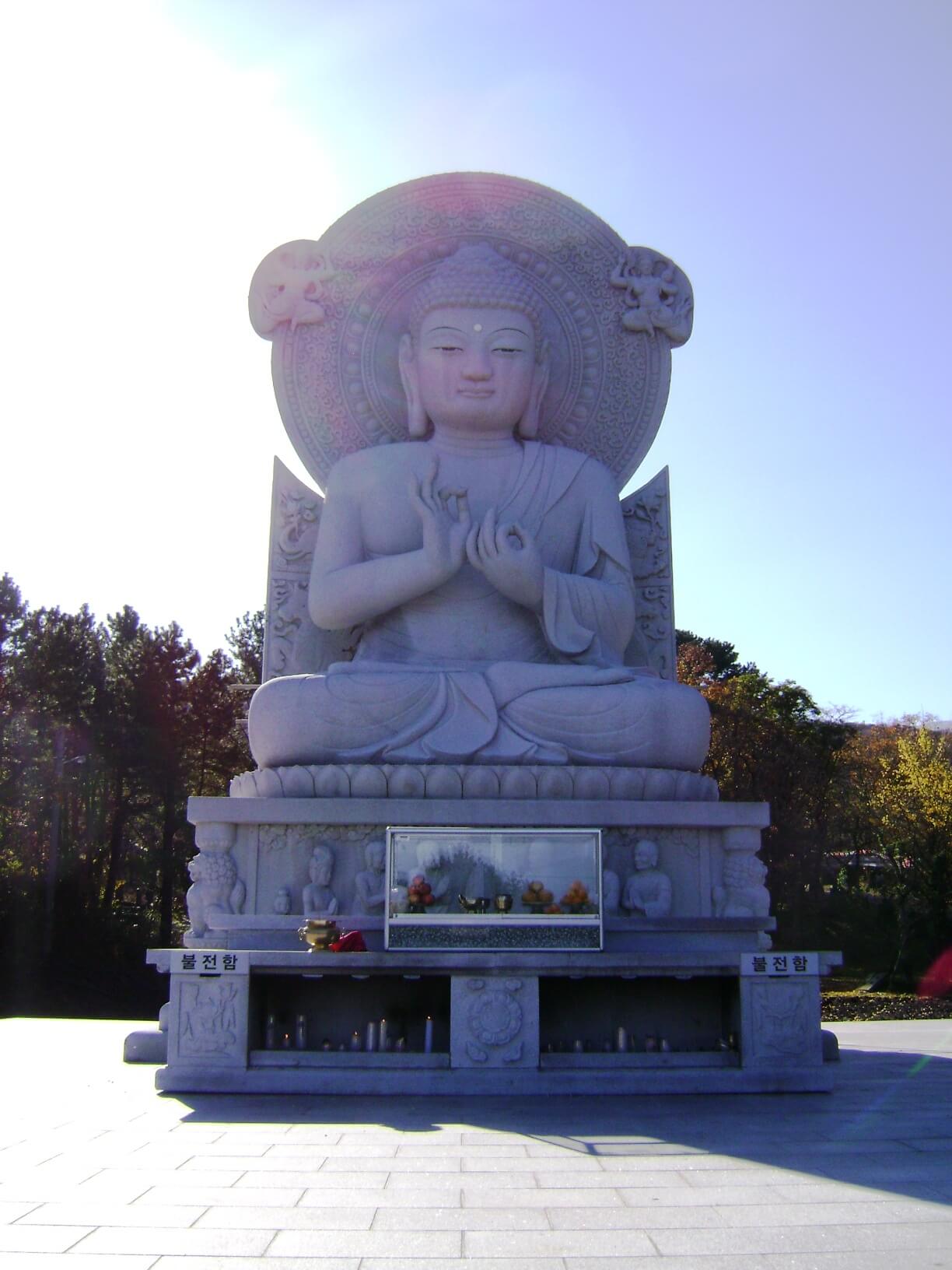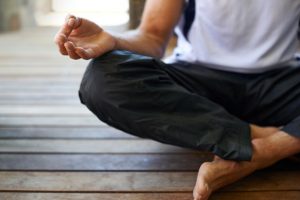
I’m trying to stop using the word “should”. I really shouldn’t do anything. If I want to do something or I have to do something, I will. If I don’t want to or I don’t have to, I won’t.
I’ve had 2 realizations as of late, as my time in Jeju comes to an end, goodbyes abound, and many travel plans await. The first is that I should really take advantage of every minute of being in Jeju and the second is that I should let myself relax more and not feel so much obligation. The realization I have not had is how to balance those two. Being present, or being “in the moment” is always my goal, but, naturally, it’s difficult when there is so much to plan and prepare and I’m constantly thinking about one thing or another. I’m sure this sounds familiar to you, dear readers, as it’s something we all struggle with.
Case in point: I had decided about a month ago that I would stop studying Korean at the beginning of July because it takes up time I could be doing other things. Plus I don’t really need to learn any more Korean since I’m leaving. However, last week I was introducing an American friend to my Korean study friends to match-make a new language exchange, and we all had such a great time hanging out and studying together that I’ve decided to continue studying. It’s not that I feel I should, I’ve let that go. I just want to because I enjoy being around my friends and I enjoy speaking Korean. Once I let go of the notion that I “should” be studying, I no longer felt guilty making the decision one way or another.
The harder case: not feeling obligated by Korean yoga standards. Every time I think about going to a yoga class, I immediately think I “should” go. Not that I want to go or it would make me happy. The particular style of yoga that I practice here is centrally focused on back bending. I like back bending, but it puts a lot of stress on my shoulders and neck and I’m still healing those areas. The unique Korean cultural view says we should all be able to do the same things, which makes it difficult to say to a teacher, “I can’t”, and the language barrier makes that all the more difficult. Sometimes I leave the practice feeling refreshed and relaxed, and sometimes I leave feeling horrible, judgmental, and upset. But I just can’t let go of the notion that I “should” be going to classes because of the unique experience of these teachers in Jeju and the fact that I’d like to be doing yoga every day, especially now that I’m not teaching anymore. There is the fact that I’m headed into 7 months of introspection and yoga study, which might make me feel better about not practicing now. But this is all based around the notion of what I feel I should or should not be doing.
This is such a good example of one of the fundamental Buddhist concepts: suffering. Buddhists and Yogis believe that suffering is something we create in our minds. Suffering is not what happens to us but our reactions to it. The way another person treats me does not create suffering; how I feel about it and how I react is what makes me unhappy. My feelings and reactions exist because of all my past interactions and relationships. Suffering is not something that happens to us but it is a choice we (usually unconsciously) make. The first step to eliminating this suffering is simply being aware of what our mind is doing. So that’s where I am, seeing what’s happening and trying to accept that I’m making myself feel bad (without making myself feel worse by judging myself!) Acceptance. That will be my goal for the remainder of my Jeju life.
I’d love to give you a recap of events in the last 2 months, but I honestly can’t remember what I’ve been doing. Working a lot, teaching yoga, hiking oreums, drinking tea with friends, going to the beach. The biggie was the 2nd Women’s Yoga Retreat (click here for pictures) that I led a few weekends ago. We had 22 beautiful participants, and we all worked hard, endured the monsoon weather, and did a lot of yoga. And now I’m looking ahead, but still trying to stay in the moment, each moment.



